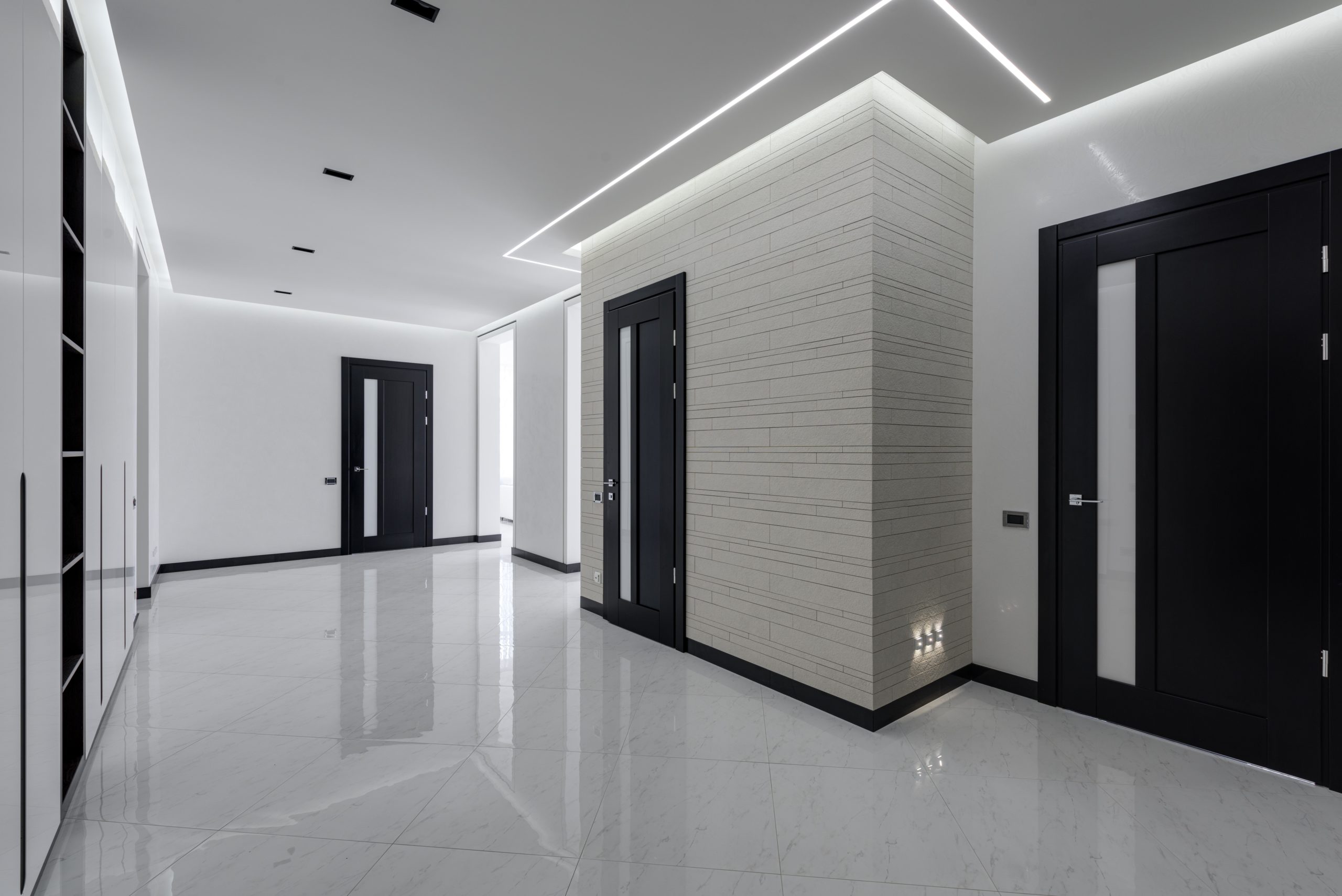Knowing the differences between commercial flooring is crucial when selecting the best option for your business, warehouse, or office space.
While many different flooring solutions exist, the best option is ultimately one that suits the unique needs of your industry. Are your employees regularly lifting and carrying heavy objects across a distance, requiring a material that can withstand heavy foot traffic? Does your office space frequently receive customers, and therefore needs to appear more inviting?
From medical facilities or retail centers, here are three things to consider when selecting a commercial flooring option for your business.
- Durability
When it comes to selecting a material that stands the test of time, it’s important to consider a variety of factors: foot traffic, temperature, and sun exposure being just a few.
VCT, known as vinyl composite tile, is among the most popular picks for businesses in the construction industry. Beautiful and durable, VCT gets high marks due to its resistance to water, ease of cleaning, sound-dampening surface, and overall affordability.
Hardwood can make for an aesthetically pleasing choice but requires more routine maintenance than other materials like sheet vinyl or laminate. Left exposed to direct sunlight or moist air, hardwood is at greater risk of fading or bowing than its synthetic flooring counterparts.
Laminate and linoleum are better suited for fluctuating temperatures or high humidity and can withstand high traffic demands without expanding or contracting over time.
- Eco-friendliness
Our planet has limited resources and choosing a flooring option that promotes less waste and greater durability promotes a conscientious business image while helping support and sustain the environment.
In locations where people might stand for long periods of time, cork is a green indoor flooring option that also promotes physical ease thanks to its ‘give’ when compressed. With a high capacity for weight-bearing, this material can withstand heavy foot traffic and high volumes of pressure while remaining structurally sound. Cork is also remarkably sound absorbent, making it an excellent choice for spacious art installations, museums, and galleries.
Rubber flooring is another versatile and eco-conscious option best for gyms, fitness centers, mailrooms, playrooms, and child care centers. Available in a wide selection of patterns and color options, this naturally padded commercial flooring choice is low-maintenance and bacteria resistant.
- Ability to clean/disinfect
To maintain commercial floors of any kind, business owners need to wax, clean, strip, or buff their commercial flooring according to the material’s unique requirements.
Marble is a highly coveted flooring option, but its porous surface can easily be scuffed, scratched, or chipped if not routinely maintained. Tile should be regularly scoured and its grout lines sealed every winter, while wood needs to be refinished every three to five years.
For surfaces that are routinely disinfected, select the appropriate chemicals when cleaning to prevent the premature erosion of sealants and varnish. Consulting a knowledgeable cleaning crew will help draw out the life of your flooring and protect your investment for years to come.
Any cleaning company can spray and mop, but are they truly experts in how to maintain different flooring surfaces?
Vanguard Cleaning of Minnesota has over 20 years of experience keeping businesses interior spaces clean, safe, and inviting.

